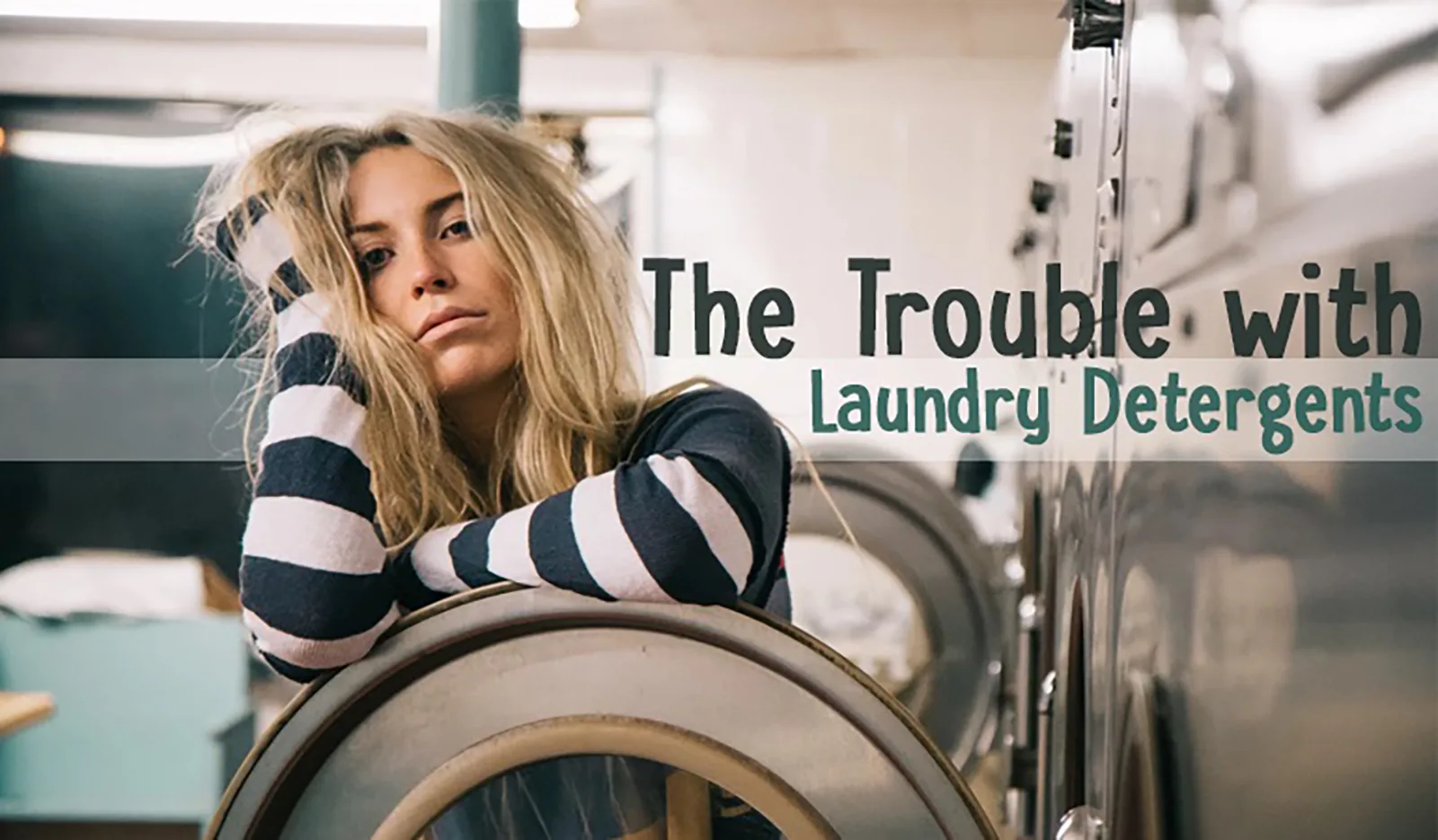The global detergent market has long faced challenges of ingredient transparency, safety, and environmental impact. Many formulations contain chemicals that may trigger skin irritation, asthma, or contribute to water pollution, while ingredient labels often remain vague.
At BookChem, we take a different approach. As a technically driven manufacturer of surfactants, emulsifiers, thickeners, and eco-friendly cleaning solutions, we believe in science-based formulations, renewable raw materials, and transparent practices that support both consumer health and sustainability.
Ingredient Labeling Challenges
One of the biggest issues with laundry detergents is the lack of clarity in labeling. Manufacturers in both the EU and US are not always required to disclose specific chemical names, instead grouping them under generic terms like “anionic surfactants” or “fragrance.”
- EU Regulations (EC 648/2004): Ingredients over 0.2% must be listed, but only by category, not by chemical name.
- US Regulations: Only ingredients considered “known hazards” must be declared, leaving many potential irritants undisclosed.
This limited transparency makes it difficult for consumers with allergies or sensitive skin to choose safer products.
The Problem with VOCs in Detergents
Most household detergents release volatile organic compounds (VOCs), which can affect indoor air quality and human health. Studies have found hundreds of unique VOCs in cleaning products, including compounds linked to respiratory issues and migraines.
A well-known example is 1,4-Dioxane, a solvent byproduct found in many mainstream detergents:
- Classified as a probable carcinogen by both the EU and US.
- Detected in concentrations from 10 to 50 ppm in popular detergent brands.
- Not required to be listed on labels in the US.
Fragrances add another concern. With over 3,000 fragrance ingredients, many act as primary pollutants (e.g., limonene, α-pinene) and react in the air to form secondary pollutants like formaldehyde, linked to asthma and skin conditions.
Human Health Concerns
The hidden complexity of detergent formulations means consumers are exposed to more than just cleaning agents. Common issues include:
- Asthma & Respiratory Irritation: Linked to chlorine, ammonia, fragrances, and enzymes.
- Skin Conditions: Contact dermatitis, sensitization, and irritation caused by preservatives, fragrances, and aggressive surfactants.
- Poisoning Risks: Particularly among children, due to ingestion of concentrated liquid capsules (“pods”).
These risks highlight the urgent need for gentler, eco-friendly formulations.
Environmental Impact
Detergents not only affect human health but also the environment. Harmful ingredients can:
- Pollute water systems, contributing to algae growth and oxygen depletion.
- Disrupt aquatic ecosystems, interfering with reproductive systems of fish and wildlife.
- Increase carbon footprint through unsustainable raw materials and energy-intensive production.
Positive progress has been made, such as the removal of phosphates and EU requirements for biodegradable detergents, but much work remains.
BookChem Sustainable Approach
At BookChem, we are committed to driving change in detergent formulation by supplying ingredients that are safe, effective, and sustainable:
- Surfactants: High-performance, mild, and biodegradable options for laundry and household cleaning.
- Emulsifiers & Thickeners: Tailored for stability and skin-friendliness.
- Eco-Friendly Fragrance Solutions: Low-VOC, safer alternatives for consumer products.
- RSPO-Certified Ingredients: Supporting renewable palm-based chemistry.
- Green R&D: Continuous innovation in aerogel materials, hair conditioners, and flame retardants using renewable raw materials and low-impact processes.
By partnering with global brands, we help create detergents that minimize health risks, reduce environmental footprint, and maintain superior cleaning performance.
Conclusion
The trouble with laundry detergents lies in the gap between consumer expectations and ingredient transparency. With ongoing concerns about VOCs, 1,4-Dioxane, and undisclosed fragrances, the industry faces increasing pressure to reformulate responsibly.
BookChem offers a solution. By combining advanced surfactant chemistry, sustainable raw materials, and global regulatory compliance, we empower detergent brands to deliver products that are safer, cleaner, and greener—without compromising performance.

